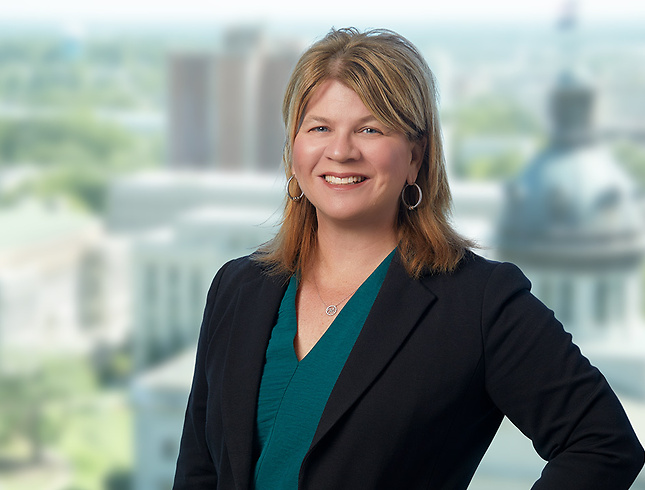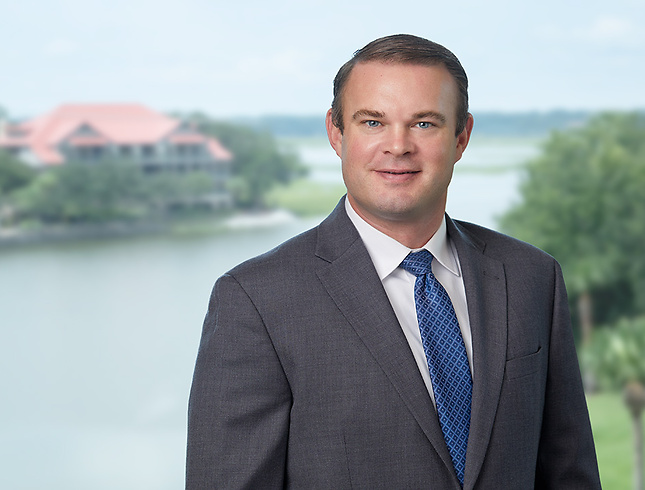Each year, thousands of employers file H-1B visa petitions for foreign nationals seeking to obtain temporary work authorization in professional jobs which requires at least a Bachelors' Degree in a specific field. On April 7, 2017, the Department of Homeland Security (DHS) announced it reached the congressionally mandated cap for H-1B visas for the 2018 fiscal year and would institute a lottery to select petitions for adjudication. The number of H-1B petitions filed in 2017 declined for the first time since 2013, but the number of filings were still more than double the number of available visas. Employers have also been closely monitoring a renewed emphasis by DHS on prohibitions against H-1B fraud and abuse. President Trump's April 18, 2017 "Buy American and Hire American" Executive Order requires various agencies to conduct an assessment of the H-1B program to determine the effectiveness and impact of the program and to make recommendations for change.
H-1B Fraud and Abuse Enforcement
In order to sponsor a foreign national for an H-1B visa, employers must attest to certain wage obligations and disclose specific details about the proposed employment. As part of the emphasis on fraud and abuse, DHS set up an email address for receiving information about suspected illegal activity (ReportH1Babuse@uscis.dhs.gov). The agency also announced the expansion of random on-site visits to ensure employers and foreign workers are complying with H-1B requirements. Focal points of investigations will likely include reviewing employee wages, job duties and work locations. DHS will also investigate disparities in wages between H-1B workers and other workers performing similar duties, especially where U.S. workers are adversely affected. Investigations will also center on an illegal practice known as "benching," which occurs if the H-1B employee does not receive pay from the employer due to lack of work or another unacceptable reason.
While the expansion of H-1B onsite investigations will be wide reaching and could affect all H-1B employers, DHS stressed the following types of employers will receive immediate attention:
- H-1B dependent employers or employers who have a high ratio of H-1B workers to U.S. workers;
- Cases where employer business information cannot be validated through commercially available data (e.g. small or new businesses);
- Employers petitioning for H-1B workers who will work off-site at another company's location.
United States Citizenship and Immigration Services ("USCIS") will conduct investigations related to alleged fraud and abuse and may refer cases to the United States Immigration and Customs Enforcement ("ICE") in some circumstances.
Buy American and Hire American Executive Order
Critics of the H-1B program have argued the program permits companies to obtain low cost foreign labor, resulting in lower overall wages for U.S. workers. Throughout the presidential campaign, then candidate Trump discussed revamping the program in an effort to promote the hiring of American workers. With the issuance of the Buy American and Hire American Executive Order, President Trump seems poised to make good on his promises.
The Executive Order directs DHS to propose new rules and replace old regulations, if appropriate, "to protect the interests of United States workers in the administration of our immigration system." More specifically, DHS is instructed to reform the H-1B program to ensure visas are awarded to the most skilled or highest-paid petition beneficiaries.
The lottery system may be an area where changes could occur. There have been talks of a preference system, giving highly educated and/or highly paid individuals an advantage in obtaining a visa. Similar bills have been proposed in Congress in recent months. There could also be an increase in the minimum salary H-1B-dependent employers must pay to H-1B employees in an attempt to incentivize hiring U.S. workers. The administration has also openly discussed requiring H-1B employers to test the labor market to ensure no qualified U.S. workers are available for a position before an H-1B petition filing. Any new regulations must go through a notice and comment period, which may take a year or may occur.
Given the emphasis on fraud and abuse investigations, employers utilizing the H-1B program should review their immigration filings and work closely with immigration counsel to ensure compliance with the current regulations. Additionally, employers exempt from the H-1B cap-most notably institutions of higher education and non-profit entities related or affiliated to institutions of higher education-may consider accelerating the filing of H-1B petitions given the unknown changes to the H-1B program. Finally, continued vigilance and education will help employers understand the new regulations and give them ample time to make any necessary adjustments.
- Partner
Melissa Azallion Kenny is the Chair of the firm’s Immigration practice group. She has more than 20 years of experience advising clients on business immigration and labor and employment law issues. Ms. Kenny represents clients in ...
- Partner
Jon Eggert has experience assisting and advising clients on business immigration and labor and employment issues in a wide range of industries, including higher education, healthcare, hospitality, and manufacturing.
His ...


